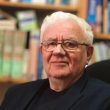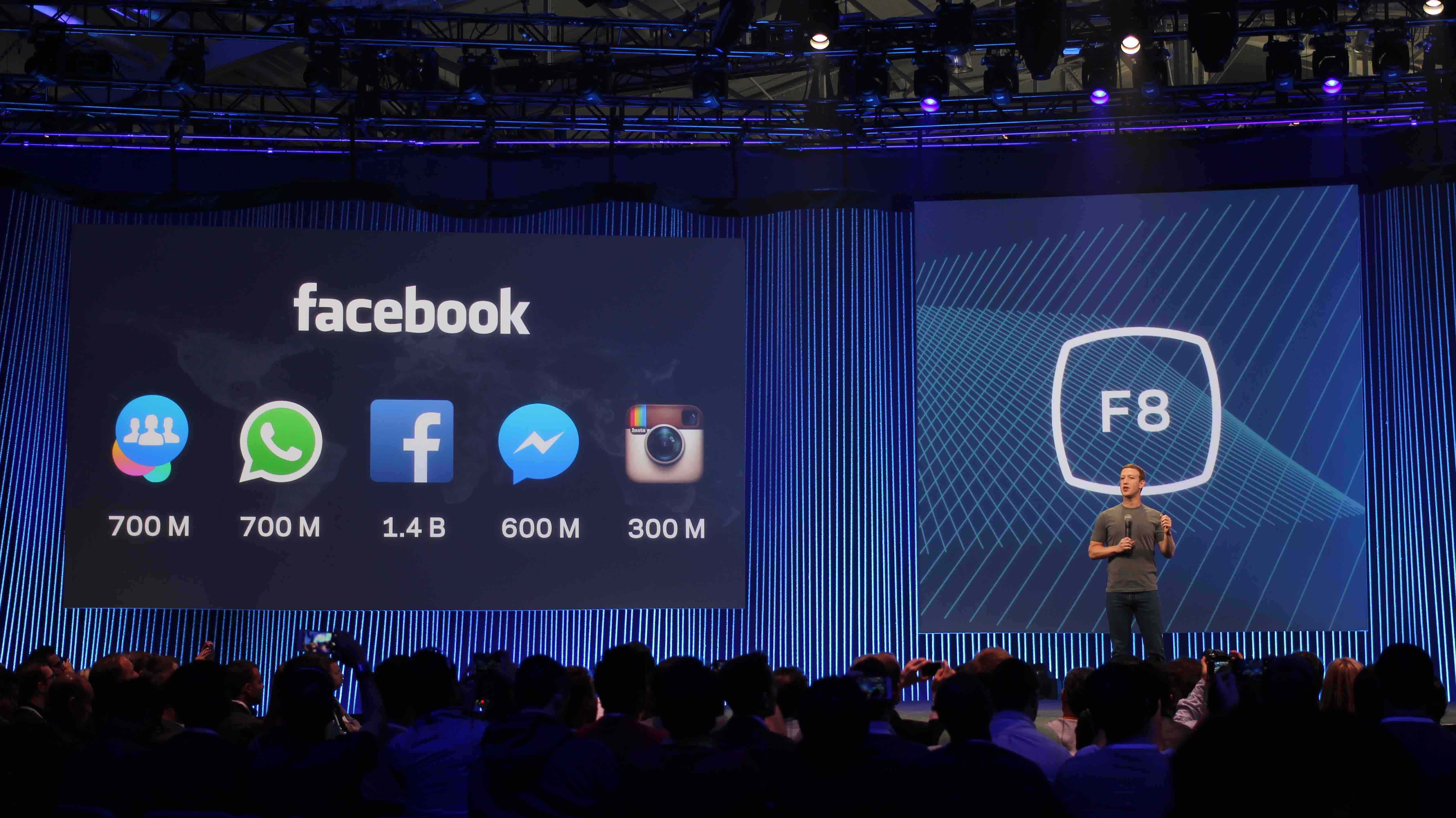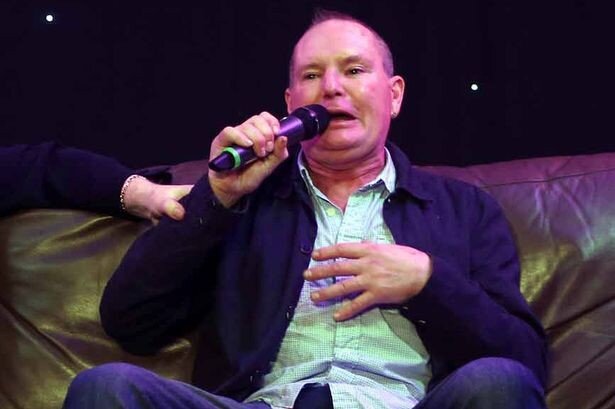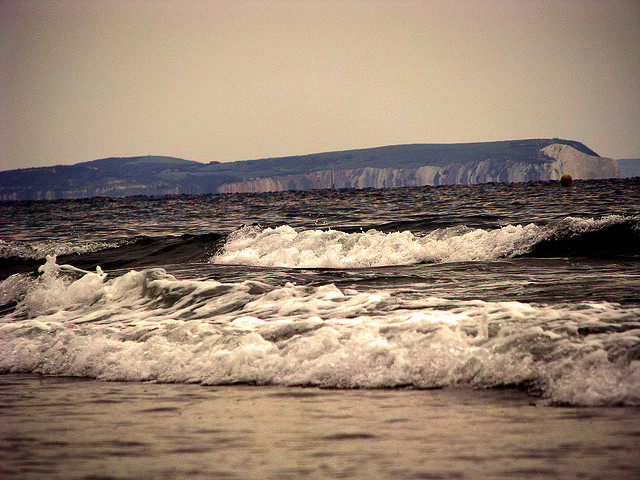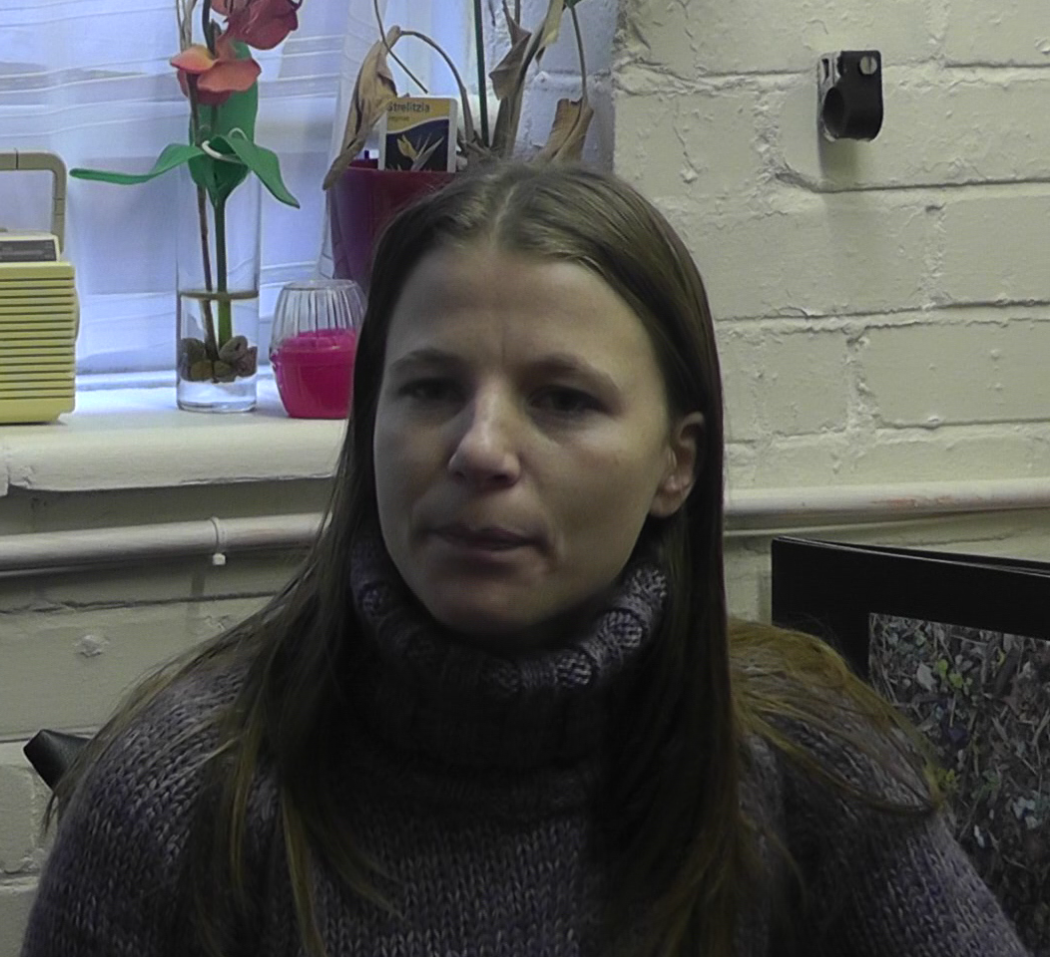If we knew how our data is used we would use social media differently, says privacy activist.
The harvesting of information from social media has prompted a backlash against Facebook and data company Cambridge Analytica.
Following a Guardian and Channel 4 investigation, users have been questioning whether their personal information is secure online.
Paul-Olivier Dehaye helps people control their online footprint. He said information about data use should be clearer, if it were “we might be collectively empowered to ask for better services, and change the current dynamic.
“In many countries, including the UK, it is your right to ask any company or public entity for a copy of the information they have about you.”
In a secretly filmed meeting, Cambridge Analytica claimed they intentionally used social media data to target political advertising and influence the outcome of the 2016 Presidential Election and Brexit Referendum.
“Companies collect a lot of personal data because it is an asset, it increases the value of their company.” said Mr Dehaye, who co-founded personaldata.io.
“[They] can use this data to understand their users and make their products better, target advertisements more precisely (either for themselves or for others), or simply resell it to others.”
To post, or not to post?
Facebook has been criticised for not making clear what data is stored and who has access to it.
Cambridge Analytica whistleblower, Christopher Wylie, outlined that information including likes, comments and shares can indicate personality traits, political views, sexuality and race.
In 2013, Cambridge University’s Dr Aleksandr Kogan Kogan created a Facebook app called This is Your Digital Life, which collected around 300,000 users’ data as well as tens of millions of their friends’ data.
He later shared this with Cambridge Analytica, according to a statement made by Facebook CEO Mark Zuckerberg.
Dr Christopher Richardson, head of the Cyber Security Unit at Bournemouth University, said that this was “without consent, and knowingly without consent.
“It’s a very difficult world we’re beginning to live in. Things are connected to other things, that hyper-connectivity of information is either going to be the building of a great society or a destruction of the way we think and work today.
“You make the choice, whether you want the information made publicly available.
“You’ll never recover it, you cant go back in and just delete it. It will be out there and it will be replicated many, many times. What’s online, stays online.”



